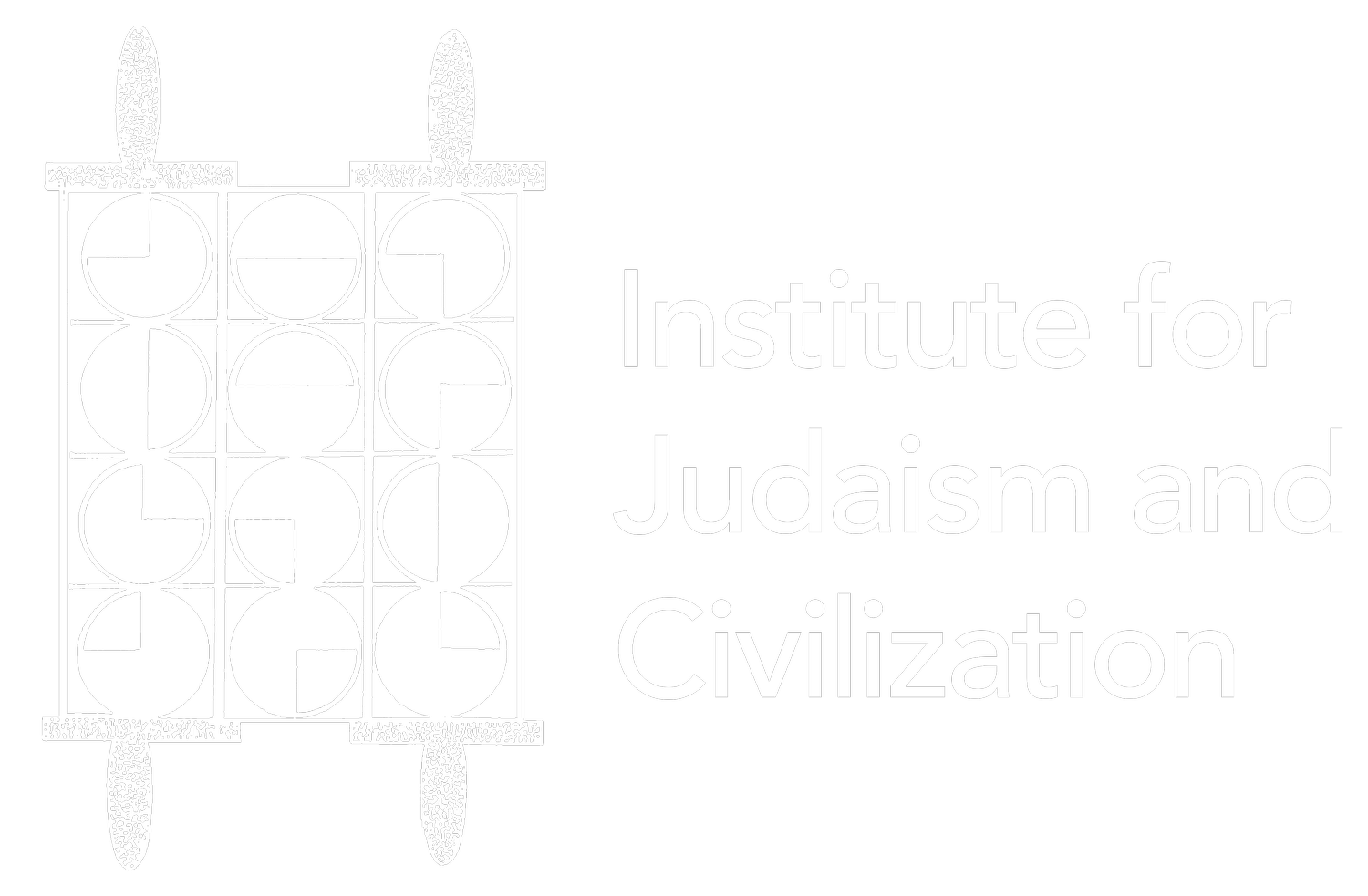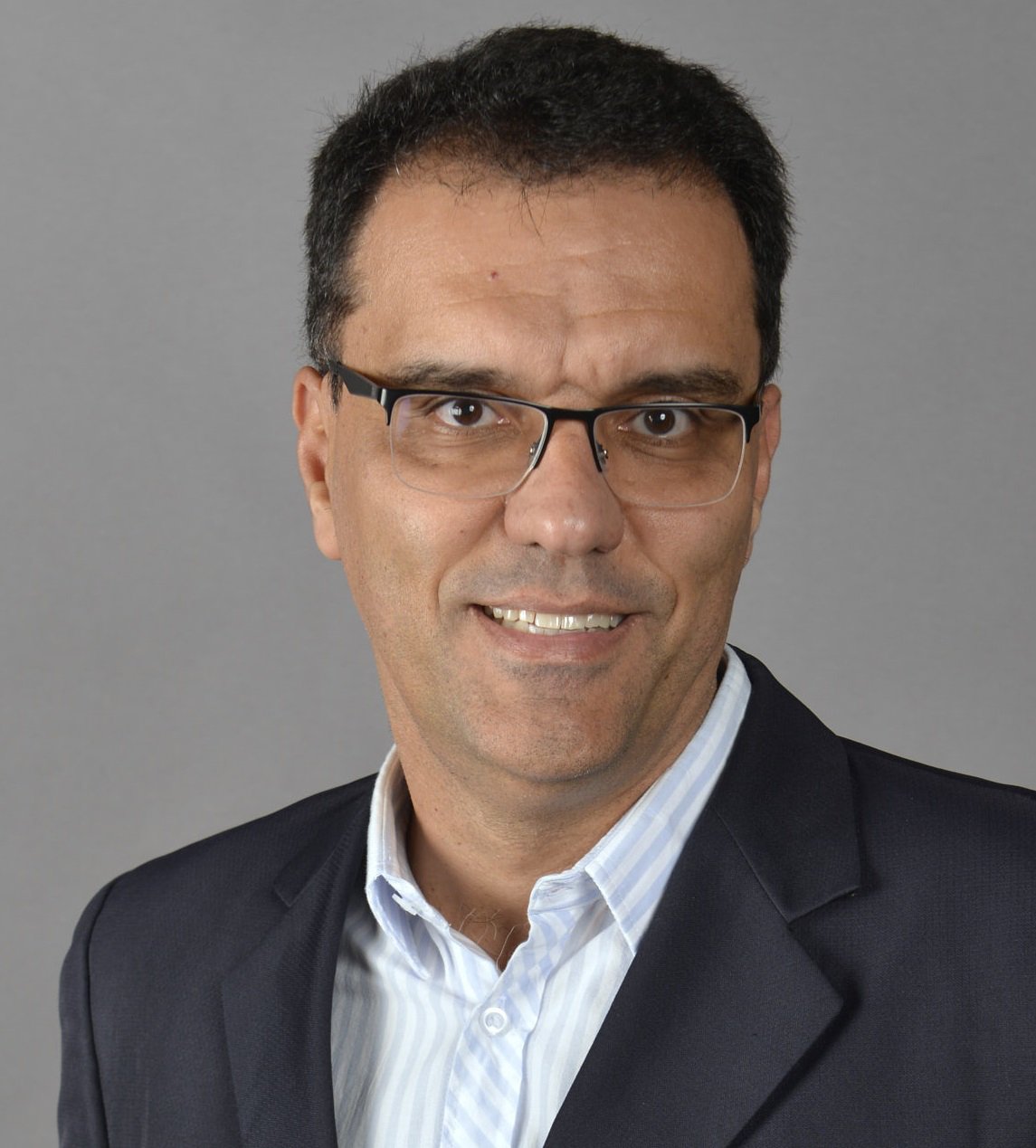Psychology
Thought
From its inception and before the Institute for Judaism and Civilization has been concerned with the critique of psychological theory and practice from the standpoint of Jewish (and the Universal Ethics of the Noahide laws). Psychology has immense power not only through authority granted to the psychologist by the patient, but also as active ideology: psychology offers models of the human being and human normality which in fact are often based on ideological assumptions quite at variance with ethics from Sinai.
A great “discovery” for the Institute was the work of the seminal psychologist Viktor Frankl (1902-1997), whose “logotherapy” largely chimed with the religious concept of the human being, as possessing a soul (or conscience) in addition to a body and mind; and with Frankl’s concept of self-transcendence which provided the individual not only with the resource of meaning, but also ethical meaning, as a crucial early essay of Frankl put it, in “the imitation of G-d”.
This new awareness of the importance of the work of Frankl – whose book, Man’s Search for Meaning has been vastly influential to grassroots culture, if only belatedly to academic and professional psychology – led to the progressive translation by the Director of the Institute, Rabbi Dr Shimon Cowen, and in one instance by Liesl Kosma (Frankl’s niece), of a number of key early writings of Frankl from the original German. These were eventually assembled in a book with a lengthy introduction of five chapters, treating the relationship of Frankl to Freud and universal ethics. The book has been published as The Rediscovery of the Human – Psychological Writings of Viktor E Frankl on the Human in the Image of the Divine
Review by Professor Almeida-Moreira, former Chair of the Religion and Psychiatry Section of the World Psychiatric Association:
Speech
The Institute has over the years conducted numerous symposia on psychotherapy and spirituality, with both Australian and international participants.
Most recently, it has held series of lectures on the work of Frankl and its connection to Universal Ethics with psychologists and educationalists in the Ukraine and in Georgia (from the former Soviet Union)
Lectures to Ukraine
Lectures to Georgia
Action
An important practical involvement of the Institute has been to join the political debate over personal autonomy and freedom of conscience in the access to therapy in matters of unwanted same-sex attraction and gender dysphoria. The politically driven bans on access to therapy for both categories of patients who sought to grapple with their issues from the standpoint of personal – and often religious – conscience, have been opposed by the Institute on the grounds of their negation of both conscience and freedom in the patient.
The Director’s book, Homosexuality, Marriage and Society weighed in on this topic in the Same-Sex Marriage Debate in Australia in 2015. This continued when the Victorian Parliament in Australia introduced bans on access to, and provision of therapy, with far reaching repressive measures on religious freedom, to teach traditional sexual ethics in religious schools, congregations and even homes. More recently, the Director presented to the World Congress on Logotherapy on “The Moral Structure of Personality”, in which he called for the self-examination of psychological practice in the light of Frankl’s teachings concerning human conscience and its relationship to universal ethics.
To purchase click here
The Moral Structure of Personality







